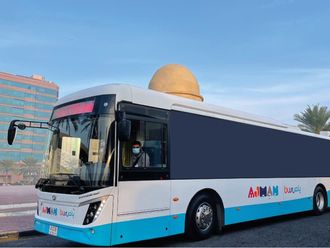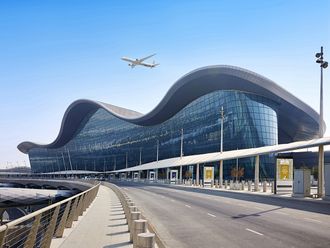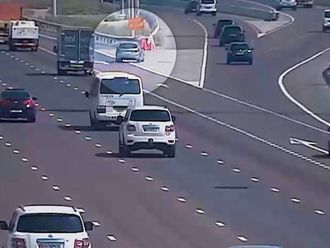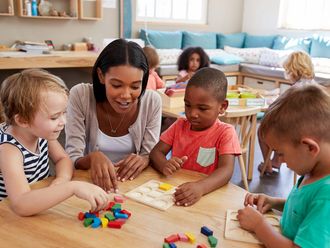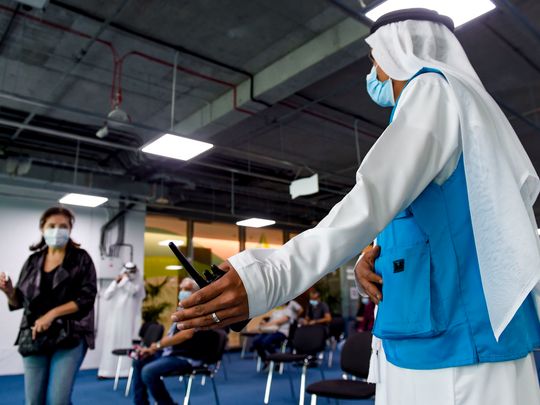
Dubai: Over three million people across the world have lost their lives to the COVID-19 pandemic, yet every single death leaves behind a story of loss and grief. When the numbers get too high, it gets harder to deal with each one of these deaths with the empathy and consideration it deserves, but there are some government employees in Dubai who have dedicated their days and nights to doing just that.
When the pandemic started affecting people in the UAE back in March 2020, Dubai formed the COVID-19 Command and Control Centre, to ensure that the emirate had everything in place to fight the pandemic, from all aspects of pandemic prevention and control.
As part of the centre’s response strategy, a special team was formed that would specifically deal with the families of people who have died after contracting the virus. So, government departments that are closely involved with any death-related procedures – like Dubai Police, Dubai Health Authority (DHA), the Roads and Transport Authority (RTA), Dubai Municipality and the General Directorate of Residency and Foreigners Affairs (GDRFA) – came together to fast-track all government processes and services. However, there was another important aspect of the work at hand – the human side.
How can the affected families feel supported? What if they are not in the UAE, and are unable to be present for the last rites? To tackle the sensitive issue of dealing with the grieving families, many government employees stepped up to volunteer, even though their official work assignments were not necessarily related.
“They just wanted to help in whichever way needed,” Ahmed Huraimel, advisor of the Executive Council of Dubai, told Gulf News.
Meeting the ‘Dubai standard’
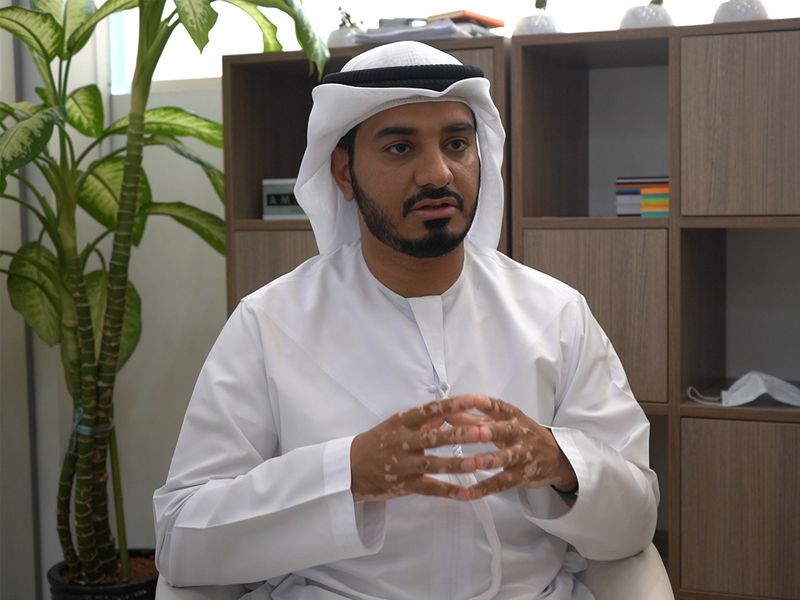
Huraimel, who heads this team of around 20 government employees, spoke about how they were assigned with the sensitive task of providing support to the families who have lost loved ones due to COVID-19, while ensuring they meet the ‘Dubai standard’.
Calling the COVID-19 crises a historic moment in the country’s history, Huraimel spoke about how the employees went out of their way to step up and play their role.
“We are living in a country where our leaders believe that their investment will be on people. I think this is one way for us to tell the leaders that we are worth the investment. We are grateful that we are getting a chance to do this and I see this in the volunteers’ eyes. I know that every day, when I call them and ask them about cases, they are in the graveyard … they are on the ground. Some of them have very prestigious jobs, they might be directors in their department, but they want to be with the people who are grieving. They want to show their empathy. This is the culture and values that every Emirati has. It is not something we say publically, but these are our values,” he added.
The team’s mandate
As the work at hand required an extraordinary level of coordination between various government entities, the team first identified all the problems a family might face when there is a death during pandemic-related restrictions.
“We tried to identify what we can do differently, at every stage. For example, we knew that government entities generally require paperwork. So, we met with them and asked if we could deal with the problem in a different way, at least during this time. All the relatives of the deceased are close contacts, so I don’t want his or her relatives to deal with government employees from two perspectives – pandemic prevention and control as well as emotional support,” Huraimel said.
Following the discussions with government departments, several changes were introduced – government fees for paperwork waived, visas of family members extended, and the need to visit police stations or government departments removed. The team also ensured that COVID-compliant procedures for embalming and handling the deceased’s body were set up and followed.
The role of Dubai Police
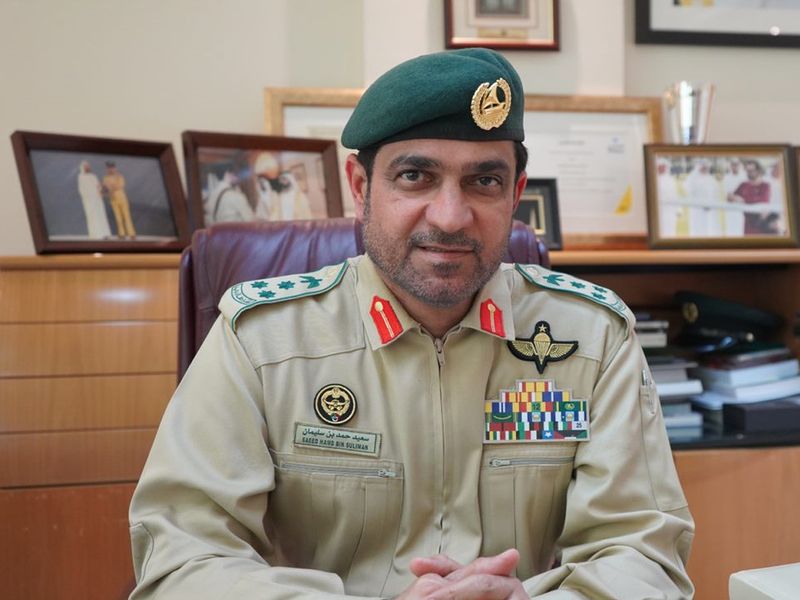
As one of the main government entities involved in the process, police stations in Dubai are involved at various stages of the death-related process, like issuing the death certificate, transporting the body from the hospital to the crematorium or cemetery or repatriating the body.
So, one of the first steps Dubai Police took in responding to the pandemic was removing the need to visit the police station. The death certificate would be emailed to the family and an officer would contact them directly to get more details on what the family needed.
“The procedure starts with Dubai Police and ends with Dubai Police. We handle the entire process for people who died from COVID-19 until they lay in peace,” Brigadier Saeed Hamad Bin Sulaiman, Director of the Al Rashidiya police station, told Gulf News.
He added that apart from closely working with each family, the officers have also been sensitive to the multicultural community in the UAE and have made special efforts to respect the religious, cultural and traditional preferences of each family.
“I want to assure all residents that Dubai Police will handle all the procedures as per the person’s religion and traditions. There is no discrimination between any religion, race, or nationality. The UAE has set an example on how to deal with the consequences of COVID-19,” he said.
“You are not alone”
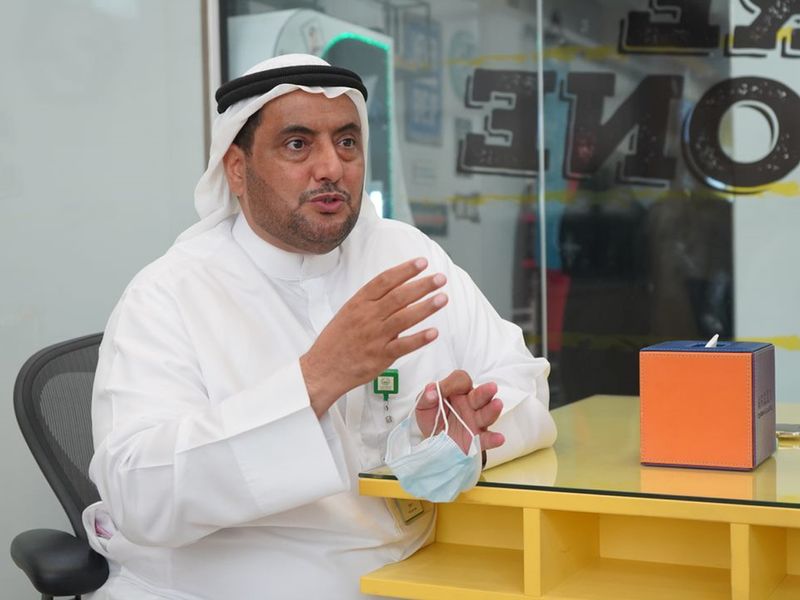
One of these officers is Captain Adel Al Qaderi, who has been with the police force for over 30 years. Speaking of how being in a new country can be confusing for people, as they may be unaware of the specific government procedures or even locations of important office buildings, he said that he tries to provide whatever information and support he can, big or small.
“On a daily basis, we contact families and guide them on what to do, where to go and how to do it. We provide all the help they need, like getting them in touch with their embassies or sorting out their visa. We work with them like we are their family. The team is trying to tell people – ‘you are not alone in Dubai’,” he said.
“My mum’s only wish”
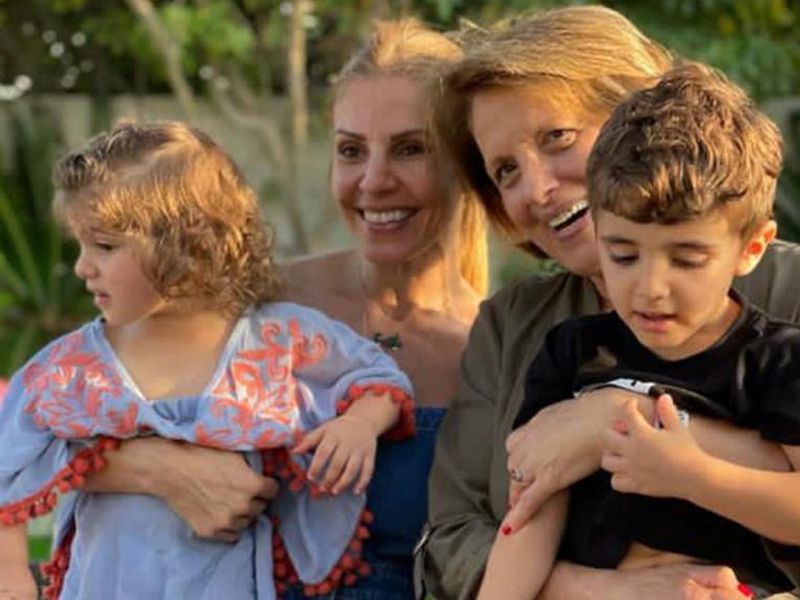
One of the family members who directly benefitted from Captain Al Qaderi’s service was Jordanian expatriate Dana Alnemeh, who lost her mum to COVID-19 earlier this year.
Her mother, who was on a visit to Dubai, fell ill and was hospitalised for two months, before she passed away. By the end of it all, Dana and her family – who had bought a standard health insurance for their mother – were facing a bill of Dh875,000. That was when she was contacted by volunteers from the team, and realised the detail with which the volunteers were working.
“The Dubai Health Authority contacted me and took care of all my mother’s hospital expenses. They even helped me transport her body back to Jordan, which was her only wish – to be buried next to my dad. During COVID-19 times, moving the body to another country is not easy, but by the time my mum passed away, she had tested negative for COVID-19 four times. To repatriate her body to Jordan, we needed a clearance letter from the police. My mother passed away on a Thursday and getting the paperwork over the weekend seemed impossible. That’s when Captain Al Qaderi got in touch with me. He opened up the office for me on a Friday, gave me the death certificate and the clearance letter and my mum was buried on a Sunday,” Dana said.
This, Dana said, seemed like an impossible task, especially as all the work was completed during a weekend. However, her mother’s funeral arrangements were completed to the family’s satisfaction, thanks to the procedures that had been fast-tracked.
Lebanese expatriate Hani Eizzat was another such Dubai resident, who realised that there was a dedicated team, working behind the scenes, to support people. When he lost a colleague, who he says was more a brother to him, all his requests for dealing with the last rites were met with support and assistance.
“My friend had COVID-19 and was admitted to Rashid Hospital. He died after 35 days. When I asked the hospital to send his body back to Lebanon, everybody was supportive and helping, from Dubai Police, to officials at Rashid Hospital and Dubai Municipality. They followed all the COVID-19 protocols to embalm the body and transport it to Lebanon. I would get follow-up calls from the government employees, asking me of the progress and if I needed any help. They even sent a car to move the body from the hospital to the airport,” Eizzat said.
“I am not just saying this for the sake of it, but the team was very helpful and professional. Two days after he died, my friend was buried in Lebanon,” he added.
Can families get in touch with the team directly?
So, if someone needs their help, how can they contact the volunteer group? The answer, according to Huraimel, that is not necessary – they will be there. The team has designed the process in such a way that the entire machinery of the government manages these cases in a highly efficient manner, without people even necessarily knowing that there is a team behind it.
“That is critical. It is not designed to work in a passive way, where the person needs to ask for help for it to be given. We will extend every help, even before they ask for it. I have people working in Dubai Police and other departments who know about the case without the family even asking for help,” Huraimel said.
Different cultures
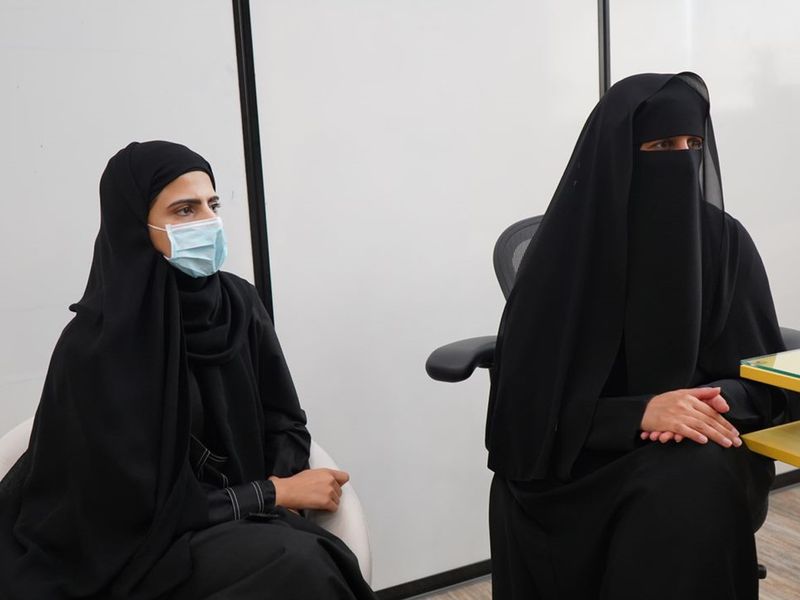
Providing emotional support – day in and day out – to families who are dealing with death can be a taxing job. What makes it more challenging is how the team had to deal with families from different corners of the world, with unique traditions and cultures. Add to that the reality that people in Dubai tend to expect a higher standard of service, and you have an extremely demanding task ahead of you.
What, then, motivates the government employees to continue being a part of the team?
“Our leadership made it very clear that at this time we will prove to the whole world that we are not just claiming that these are the values that Dubai has. If we will sacrifice the economy for our people, then people will be our bet. Everything can be covered at a certain point, but not the lives of people. So, the direction we had was very clear – people first. However, something that is very challenging for all of us is that we have to meet the Dubai standard. People have higher expectations when they are in Dubai, as they should. This is very important for us. So, we always ask ourselves: Is this the Dubai standard? Is this the Dubai value? And meeting and maintaining that level of expectation is very challenging, but we know it is crucial,” he added.
This meant taking the time out to learn about new cultures, asking families about their preferences for the funeral arrangements and making sure every aspect is taken care of as per the family’s wishes. Iman Bin Touq, one of the volunteers who works closely with affected families, spoke about how she does all she can to ensure people feel cared for as they bid a loved one good bye.
“When we face a new religion or traditional practices, we call the country’s embassy or the family itself and ask them about the rituals they follow – how do you lay the body to rest? Do you have any traditional singing or dancing? How big do you want the coffin to be? Everything that they wish they had done if they were in the UAE, we do it for them. We then also make sure that we are able to record the last rites and send it to them,” Iman said.
Tolerance and respect for diversity are integral parts of the Emirati culture, according to Asma AlObedli, another volunteer. However, the work has also been transformative for the volunteers, who have been standing with families in their time of grief.
“You have to respect everyone’s beliefs. We have been doing this for over a year and during this time, we have changed. Even our families have noticed the change in us. I can speak for myself – I have become quieter, more understanding and appreciate my family more,” she said.
Sharing her experiences of working with the families, Asma noted that the proximity to death and grief has oddly helped the volunteers have a greater appreciation for life.
“You have to live life, but this work has helped us to remember what is important, to appreciate it … to become alive,” she said.

